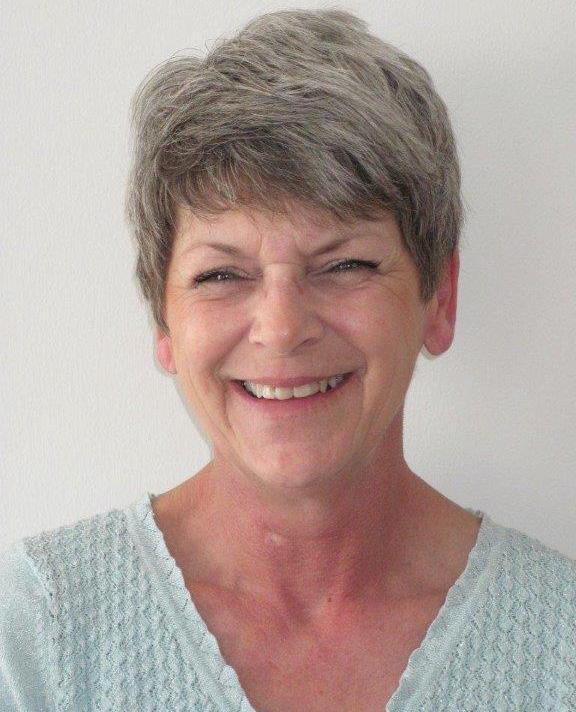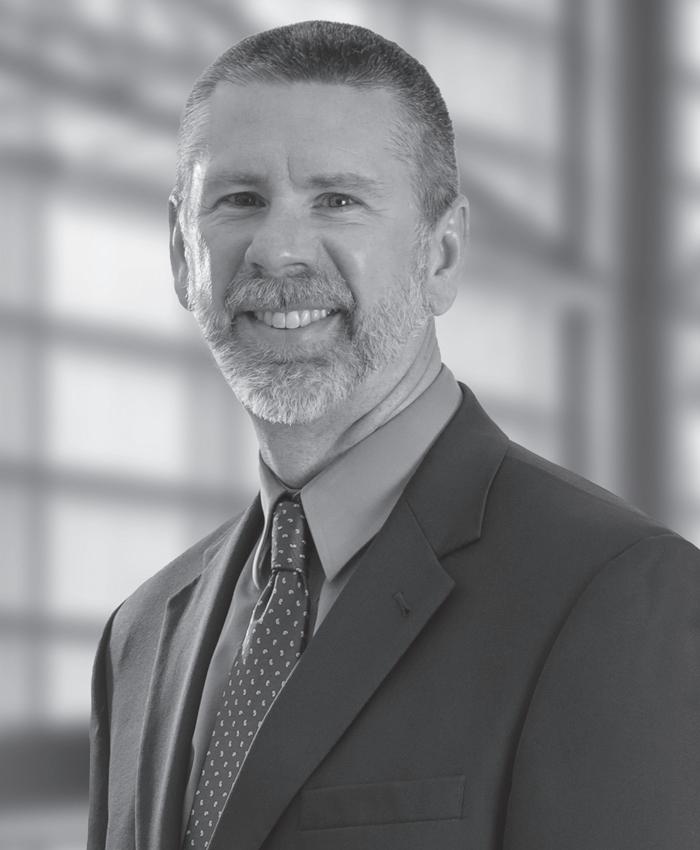
1 minute read
Elder Law
Q: Elder abuse: What can be done?


A: Elder abuse is a significant concern in our society, but there are steps we can take to protect our elderly loved ones.
Firstly, it’s essential to recognize the signs of abuse - physical, emotional, financial, or neglect. If an elderly relative shows unexplained injuries or sudden financial difficulties, it may be necessary to investigate further.
Maintaining regular communication with our loved ones is also critical. When they feel valued and heard, they’re more likely to voice concerns about any mistreatment. Therefore, establishing a routine for checkins, whether in-person or over the phone, is key.
Educating our loved ones about the resources they can turn to is an important step. Knowledge of adult protective services, law enforcement agencies, and elder abuse hotlines can empower them in a difficult situation.

Lastly, the selection of caregivers should

Troy C. Kiefer Attorney at Law




be made with utmost caution. Thorough vetting and background checks can ensure their trustworthiness.
In summary, through awareness, communication, education, and careful selection of caregivers, we can effectively safeguard our elderly loved ones from potential abuse. It’s a responsibility we owe them for their years of care and guidance.
A. According to audit statistics, 80% of our readers are under the age of 75. 65% of our readers have a household income of over $50,000 per year. Nearly 40% of these readers earn more than $75,000 per year. Are households with an income larger than










